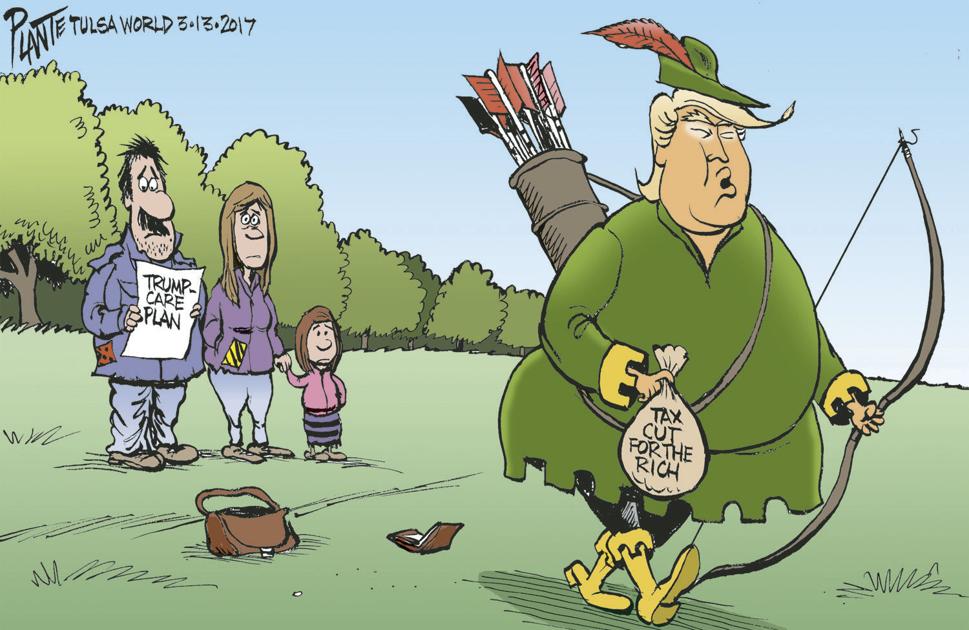
Bend the Knee Protest
At the time, the press around the world opined that a man kneeled yet the entire nation of Germany stood. Brandt’s apology for Nazi Germany’s actions during the war and his offer of reconciliation to the nations that suffered under the Nazi regime were a starting point of the “Ostpolitik”* policy which paved the way for the eventual reunification of Germany and the collapse of the eastern bloc in Europe. Brandt commented later in his life that he had felt that simply bowing his head was not enough at the moment and that he had put into action that which could not be expressed by words.
Kneeling is not an action that is commonly done, and it has significant meanings: It is an action to show regret and apology as Brandt had done; it is to show sincere love when a man asks a woman for marriage; and it is also to show loyalty by a servant to a king. It appears that kneeling now has another significant meaning − an action to protest and to resist.
President Donald Trump recently tweeted that National Football League owners should fire players who disrespect the flag. The tweet was aimed at an NFL player who had knelt during the national anthem in the stadium to protest the discrimination against racial minorities. Trump, in addition, urged a boycott of the games.
In response, many current players, as well as coaches, owners and retired players knelt during the anthem in a show of solidarity and in protest. Even Robert Kraft, one of the NFL owners, who supported Trump and contributed $1 million to Trump’s inauguration ceremony, said, “There is no greater unifier in this country than sports, and unfortunately, nothing more divisive than politics.”
Trump has been engaged in the exchange of rhetorical bombs with North Korean leader Kim Jong Un since the recent North Korean nuclear and missile provocations. This is a critical time in which a leader should be cautious and meticulous in resolving the crisis. We are completely flabbergasted that Trump is spending his time on quarreling with athletes. It is our wish that Trump, while perhaps unable to learn the lesson from Brandt, who showed that a small step such as kneeling can contribute to peace in the world, would at least understand the hearts of players who kneel in protest.
*Translator’s note: Ostpolitik was a policy to normalize the relations between West Germany and Eastern European countries including East Germany.


